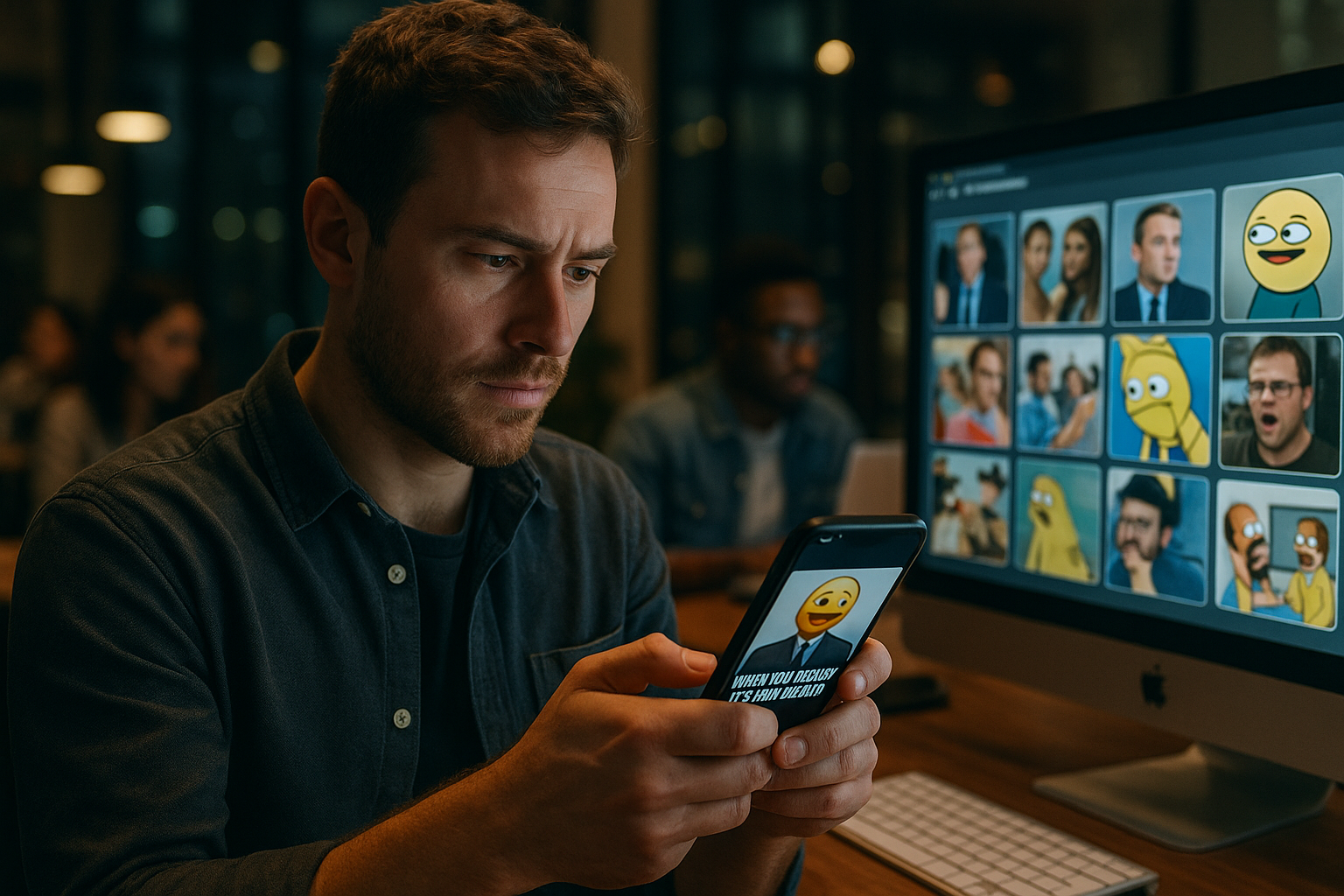The Sociocultural Significance of Memes in Contemporary Society
In a world where digital culture dominates, memes have become a pervasive and influential aspect of modern life. Whether you are a social media user or not, you would be hard-pressed to not come across them in some form. This article delves into the rich background of memes, their current societal implications, and the transformative power they hold in shaping our cultural landscape.

The Genesis of Memes
The term ‘meme’ was first coined by evolutionary biologist Richard Dawkins in 1976, in his groundbreaking book, “The Selfish Gene”. It was used to describe how cultural information spreads. However, the concept has since evolved and adapted to fit into the framework of digital culture. In the early 2000s, with the advent of the Internet, memes transitioned from an academic concept to a form of online social expression, becoming a global cultural phenomenon in the process.
The Current Meme Culture
Today, memes are ubiquitous across social media platforms. They range from humorous images and videos to sarcastic comments and cultural references. The rapid rise of meme culture is closely linked with the growth of social media, as platforms like Facebook, Twitter, and Instagram provide the perfect breeding ground for the rapid dissemination of these bite-sized pieces of culture. In a way, memes have become the lingua franca of the digital age, offering a unique form of communication that transcends traditional linguistic barriers.
Memes as a Sociocultural Tool
Memes do more than just entertain; they act as powerful sociocultural tools. They can be used to spread ideas, foster community, and even influence political discourse. Memes have been instrumental in shaping public opinion during major events like elections, and have been used as a form of protest in various social movements. Through the use of humor and satire, they challenge societal norms, question authority, and push for change, reflecting the dynamic nature of our social fabric.
The Societal Implications of Meme Culture
The influence of meme culture extends beyond the digital realm. By reflecting societal values, they help to shape collective identities and influence social behavior. For instance, the widespread use of memes during the 2020 U.S. presidential election highlighted their power in driving political engagement and shaping public discourse. However, the power of memes also comes with potential pitfalls, such as the spread of misinformation or the normalization of harmful stereotypes.
The Future of Meme Culture
As society continues to evolve, so too will the role of memes. They are likely to remain a significant force within our cultural landscape, reflecting and shaping our collective consciousness. As with any tool, the impact of memes largely depends on how they are used. In the hands of a thoughtful, informed public, they can serve as a powerful medium for social commentary and change.
In conclusion, memes, once a simple form of online humor, have grown into a cultural phenomenon with profound societal implications. They reflect the complexities of our time, acting as a mirror to our collective experiences, fears, hopes, and dreams. In the digital age, understanding meme culture is crucial for understanding the pulse of contemporary society. From their origins to their current societal implications, it’s clear that memes are more than just viral content—they are a defining aspect of our cultural fabric.






